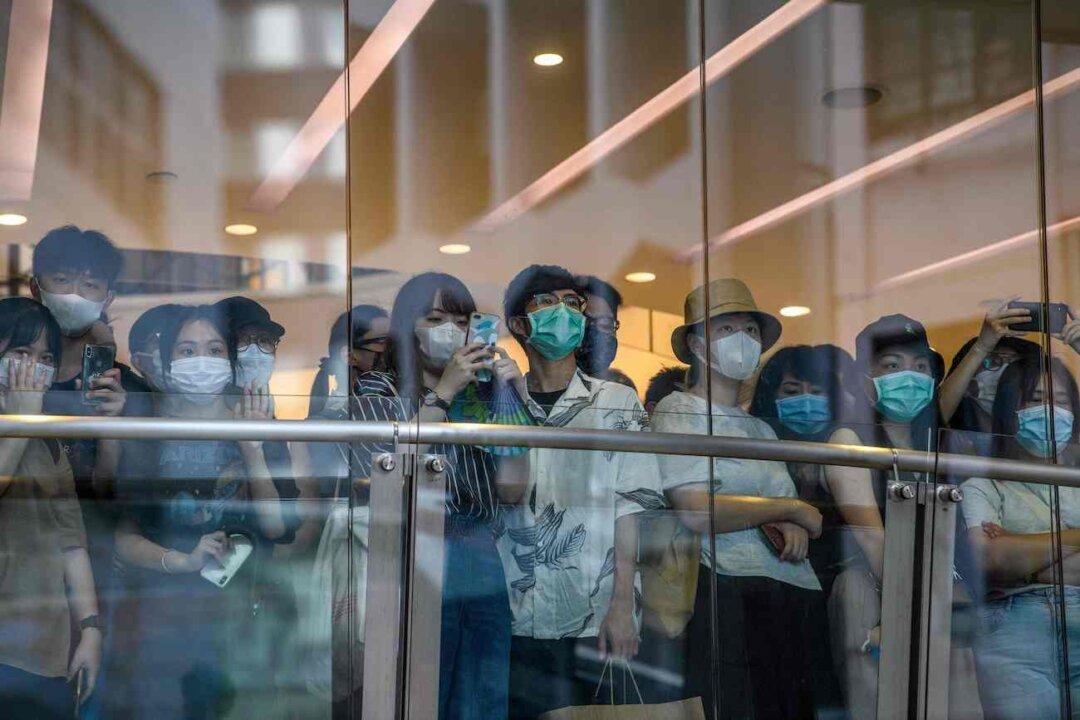The Senate on Thursday unanimously passed legislation imposing sanctions on banks doing business with Chinese officials involved in the implementation of Beijing’s new draconian national security law on Hong Kong.
The bill, which is now headed to the White House for President Donald Trump’s signature, would authorize sanctions on foreign individuals who are on an annual list of people found to be involved in subverting Hong Kong’s autonomy, and the banks who do business with them.





